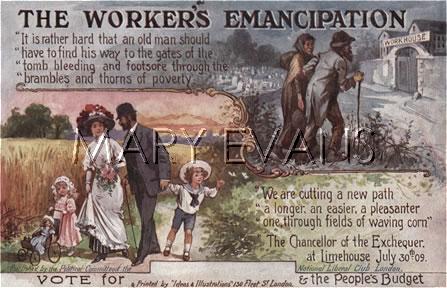 Between 1908 and 1914, politics were trapped in a frightful deadlock. The General Election of 1906 led to a landslide defeat of the Conservative Party and their Liberal Unionist allies, tipping the balance of power to the Liberal Party and the rapidly emerging Labour Party. Topics such as women’s suffrage, workmen’s compensation, trade unionism, old age pensions, and sweated labor, to say nothing of Home Rule, unemployment, and child welfare, aroused heated debates from the Palace of Westminster to social and political gatherings across the nation. Times were changing swiftly and violently, and no act of social reform aroused as much controversy and firestorm as the People’s Budget of 1909.
Between 1908 and 1914, politics were trapped in a frightful deadlock. The General Election of 1906 led to a landslide defeat of the Conservative Party and their Liberal Unionist allies, tipping the balance of power to the Liberal Party and the rapidly emerging Labour Party. Topics such as women’s suffrage, workmen’s compensation, trade unionism, old age pensions, and sweated labor, to say nothing of Home Rule, unemployment, and child welfare, aroused heated debates from the Palace of Westminster to social and political gatherings across the nation. Times were changing swiftly and violently, and no act of social reform aroused as much controversy and firestorm as the People’s Budget of 1909.
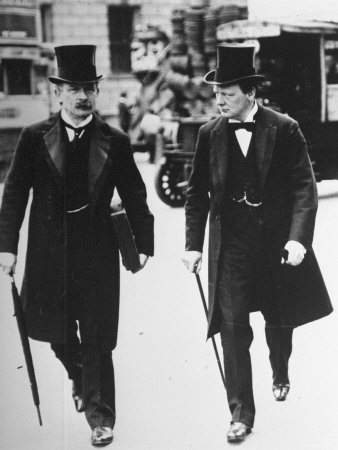 The People’s Budget was the brainchild of David Lloyd George and was championed by his ally, Winston Churchill, who was accused of being a traitor to his class. Lloyd George, a Welsh politician who gained fame by his vehement opposition to the Second Boer War, was the Chancellor of the Exchequer (what would be known as the Secretary of the Treasury in the US) in 1909, and made social reform the linchpin of his political platform. Though it could be said that the Liberal Party adopted a measure of socialistic platforms to keep the Conservative Party in check, and to stem the rise of the Labour Party, Edwardian society was changing, and politicians were kicked into the twentieth century, whether they liked it or not.
The People’s Budget was the brainchild of David Lloyd George and was championed by his ally, Winston Churchill, who was accused of being a traitor to his class. Lloyd George, a Welsh politician who gained fame by his vehement opposition to the Second Boer War, was the Chancellor of the Exchequer (what would be known as the Secretary of the Treasury in the US) in 1909, and made social reform the linchpin of his political platform. Though it could be said that the Liberal Party adopted a measure of socialistic platforms to keep the Conservative Party in check, and to stem the rise of the Labour Party, Edwardian society was changing, and politicians were kicked into the twentieth century, whether they liked it or not.
After the Liberals introduced old age pensions for the sick and infirm, Lloyd George shocked both sides of the political spectrum with the budget he revealed on April 29, 1909, which proposed taxes on luxuries, liquor, tobacco, incomes, and land, and an increase in death duties (introduced in 1894) and duties on undeveloped land and minerals, a levy on unearned increment, and a supertax on incomes above £5000 (6d. on the pound). This influx of taxes would support such programs as pensions, unemployment insurance, health insurance, free school meals for children, etc, and the costs of building the dreadnoughts the Royal Navy claimed it needed to shore up defenses against Germany. The budget galvanized the Liberal Party to action, and they fought for the Finance Bill throughout the summer, but a blow was struck when the House of Lords vetoed the budget, and the tug-of-war resulted in another General Election in January 1910.
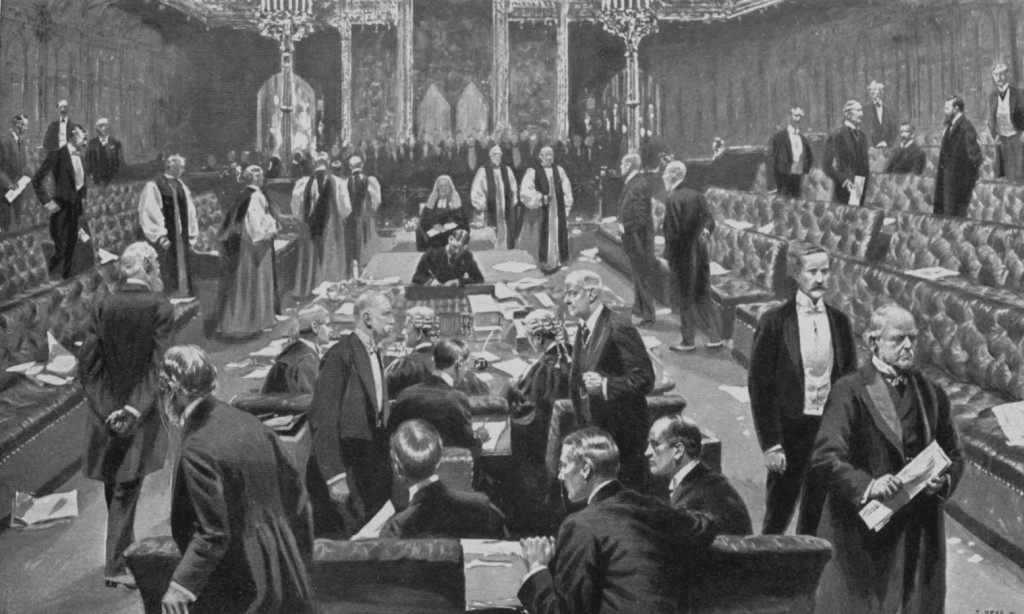 A greater blow was struck to the House of Lords, who, though they passed the budget April 29, 1910, experienced their first real challenge of power. So great was the battle for the People’s Budget, Liberal politicians threatened to make King Edward (and after his death in May, King George) ennoble Liberal MPs so they could then sit in the House of Lords and pass the bill. This constitutional crisis did not come to pass, but 1911 saw the passing of a Parliament Act which “prevented the Lords from vetoing any public legislation that originated in and had been approved by the Commons, and imposed a maximum legislative delay of one month for “money bills” (those dealing with taxation) and two years for other types of bill.”
A greater blow was struck to the House of Lords, who, though they passed the budget April 29, 1910, experienced their first real challenge of power. So great was the battle for the People’s Budget, Liberal politicians threatened to make King Edward (and after his death in May, King George) ennoble Liberal MPs so they could then sit in the House of Lords and pass the bill. This constitutional crisis did not come to pass, but 1911 saw the passing of a Parliament Act which “prevented the Lords from vetoing any public legislation that originated in and had been approved by the Commons, and imposed a maximum legislative delay of one month for “money bills” (those dealing with taxation) and two years for other types of bill.”
Further Reading:
British Social Politics by Carlton Hayes
Edwardian Life and Leisure by Ronald Pearsall
Mr. Lloyd George by E. T. Raymond

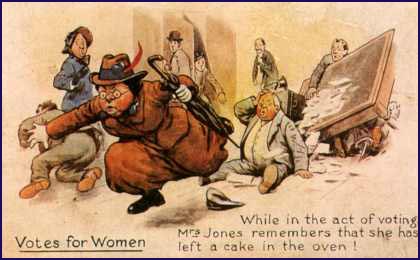
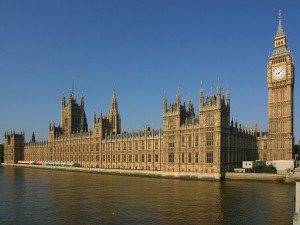
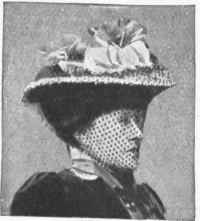
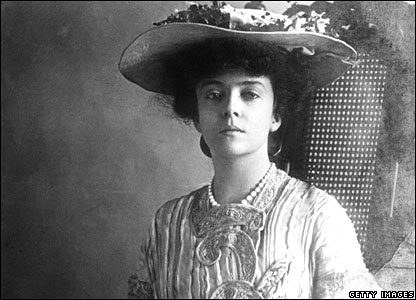
Comments are closed.